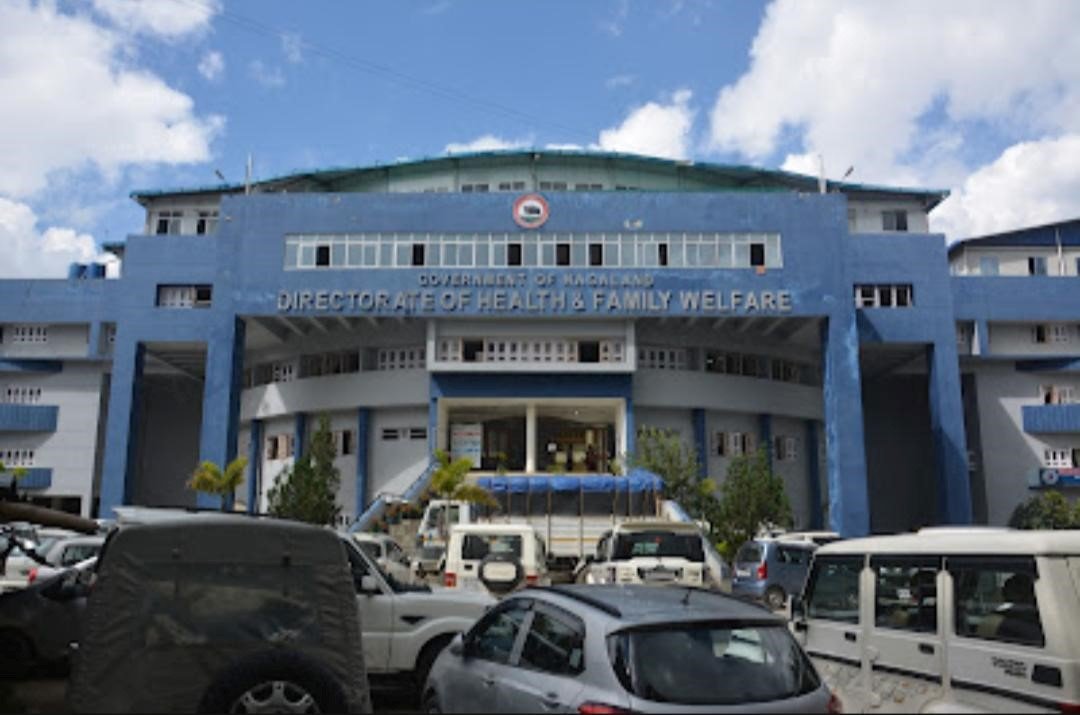In view of the new Covid-19 variants that have been detected in the country, the Department of Health and Family Welfare (DoHFW) has issued advisory for preventive measures.
It Informed that one case of variant NB.1.8.1 and four cases of variant LF.7 have been reported so far. These variants are under observation by the Ministry of Health & Family Welfare, Government of India, as Variants under Monitoring (VUMs). They are not classified as dangerous variants yet, but have been linked to rising case numbers in China and parts of Asia. In India, however, the most common Covid variant remains JN.1.
The current symptoms of COVID-19 in India in 2025 are observed to be mild and subtle with no associated increase in hospitalization cases. As per the recent reports published by WHO, the NB.1.8.1 poses a low global health risk. However, some common symptoms have been identified as follows:
- Low-grade fever or chills.
- Mild sore throat.
- Nasal congestion or runny nose.
- Occasional dry cough.
- Headache and fatigue
- Gastrointestinal upset (diarrhea in some cases).
- Mild body aches.
- Loss of smell or taste (less common now).
- Severe shortness of breath (unless underlying issues exist).
Download Nagaland Tribune app on Google Play

In this regard, the following Do’s and Don’t’s have been reiterated to the public for preventive measures and necessary information.
Do’s
- Wash your hands regularly with soap for 20 seconds.
- Wear mask in crowded places, maintain respiratory etiquette.
- Keep physical distance from others.
- Stay at home if you have flu like symptoms and consult Healthcare worker.
- Cover your mouth when coughing or sneezing and clean frequently touched surfaces.
Don’ts
- Don’t ignore symptoms or attend gatherings if you’re unwell.
- Avoid close contact with sick people and don’t touch your face with unwashed hands.
- Don’t share personal items like masks or bottles.
- Stay informed with trusted sources and follow local health guidelines to keep yourself and others safe.

